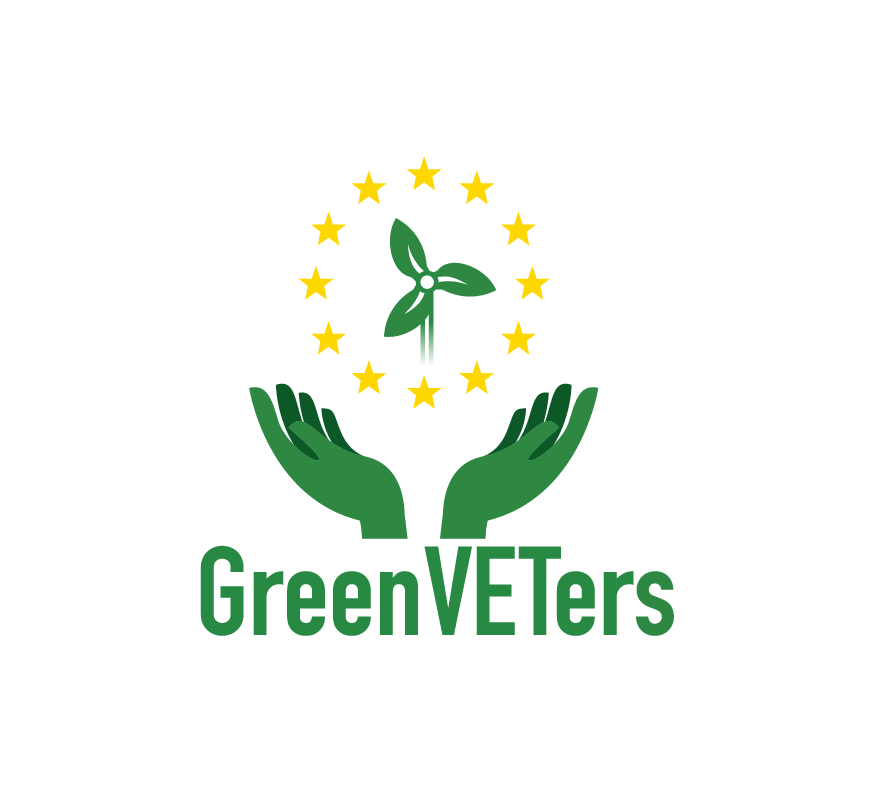Permaculture is a combination of permanent agriculture and permanent culture. It is an innovative framework for creating sustainable ways of living and a practical method of developing ecologically harmonious, efficient, and productive systems that anyone can use anywhere. The essence of permaculture is the design of an ecologically sound way of living – in our households, gardens, communities, and businesses. It is created by cooperating with nature and caring for the earth and its people.
Permaculture offers a ray of hope – a way forward. It offers everyone the chance to be part of the transition to a more eco-friendly, ethical and sustainable future. It integrates land, resources, people and the environment through mutually beneficial synergies – imitating the no-waste, closed-loop systems seen in diverse natural systems. Permaculture studies and applies holistic solutions applicable in rural and urban contexts at any scale. It is a multidisciplinary toolbox including agriculture, water harvesting and hydrology, energy, natural building, forestry, waste management, animal systems, aquaculture, appropriate technology, economics and community development.
The philosophy behind permaculture is one of working with, rather than against, nature; of protracted and thoughtful observation rather than protracted and thoughtless action; of looking at systems in all their functions, rather than asking only one yield of them; and allowing systems to demonstrate their own evolutions.
Mollison, B. (1988)
By adopting the ethics and applying these principles in our daily life we can make the transition from being dependent consumers to becoming responsible producers. This journey builds skills and resilience at home and in our local communities that will help us prepare for an uncertain future with less available energy. The techniques and strategies used to apply these principles vary widely depending on the location, climatic conditions and resources that are available. The methods may differ, but the foundations of this holistic approach remain constant. By learning these principles, you can acquire valuable thinking tools that help you become more resilient in an era of change.
Permaculture consists of three basic ethics:
- Earth care – rebuild natural capital; the young plant represents organic growth, a key ingredient in sustaining life on Earth.
- People care – look after self, family, and community; two people together, represent the need for companionship and collaborative efforts to affect change.
- Fair share – set limits and redistribute surplus; the pie and a slice of it represents the taking of what we need and sharing what we do not whilst recognizing that there are limits to how much we can give and how much we can take.

